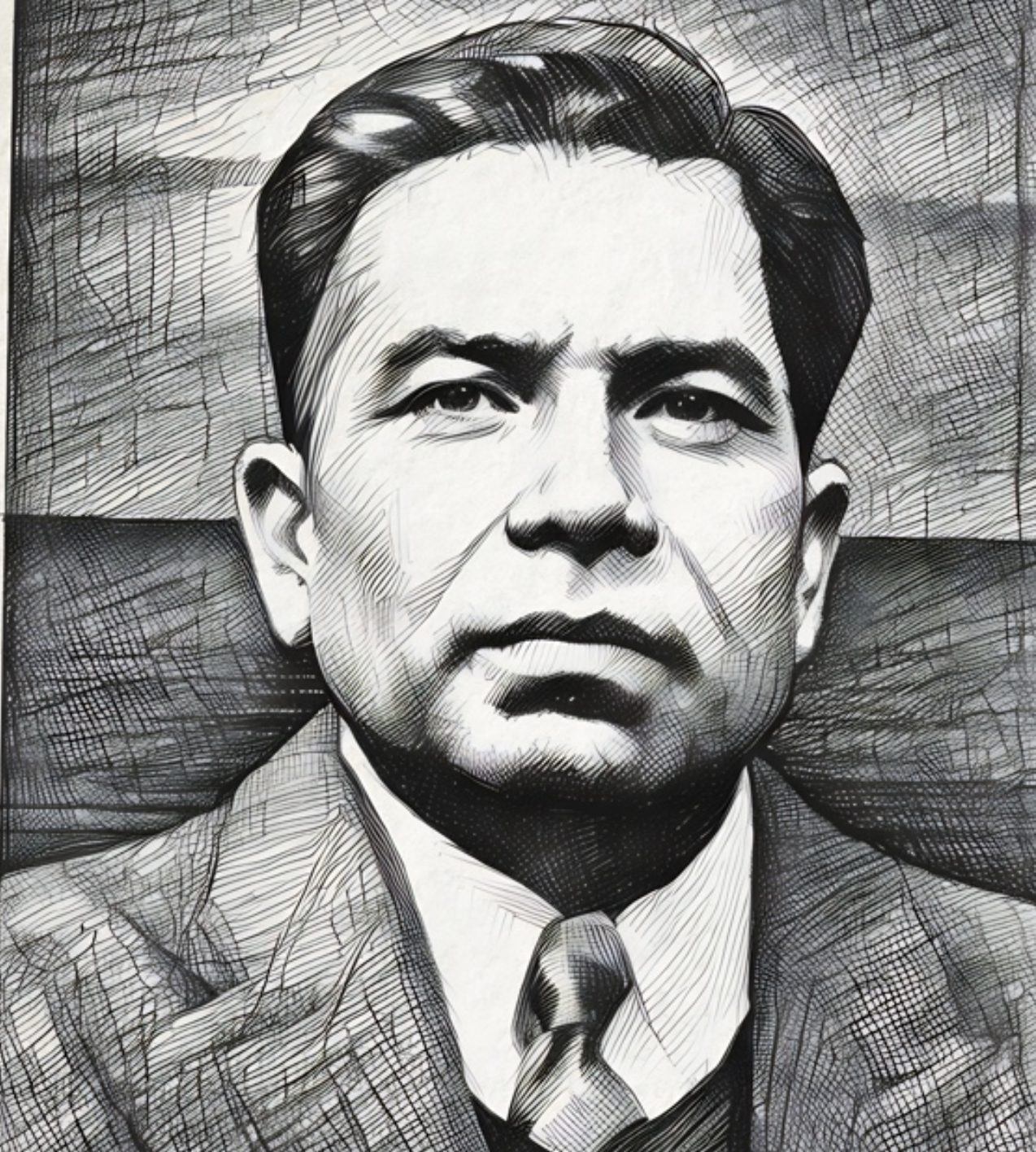
Deputy Mohammad Syed Khan
Deputy Mohammad Syed Khan: Architect of Educational Reform in Kamsar
Early Life and Academic Excellence
Born in 1894 in the historic village of Usia, located in the Ghazipur district of Uttar Pradesh, Deputy Mohammad Syed Khan emerged as a beacon of enlightenment for the Kamsar region. Hailing from a zamindar family, he exhibited exceptional academic prowess from a young age. Pursuing higher education, he graduated with a First Division in B.A. (Hons.) from the prestigious Presidency College in 1914. His academic journey led him to a lecturing position at Patna College, where he mentored students, including the future political leader Jaiprakash Narayan.
Transition to Civil Service and Nationalist Integrity
Deputy Sayed Khan’s commitment to public service saw him join the British Indian administration as a Deputy Collector in Hazaribagh, Bihar. During his tenure, a notable incident underscored his unwavering integrity. When Mahatma Gandhi was arrested and brought before him for bail, Deputy Sayed Khan, adhering strictly to legal principles, granted bail despite pressure from British superiors. This act of courage led to his suspension. However, upon appeal, his position was reinstated, albeit with the stipulation that he would not receive further promotions. This episode highlighted his steadfast commitment to justice over personal advancement.
Pioneering Educational Initiatives
Recognizing education as the cornerstone of societal progress, Deputy Sayed Khan dedicated himself to uplifting the educational standards of Kamsar. In 1938, he established the Muslim Rajput High School in Dildarnagar, a transformative institution for the region. This school was upgraded to an intermediate college in 1949 and later renamed Syed Kamsar-O-Bar Muslim Inter College (S.K.B.M. Inter College) in 1969, honoring his enduring legacy. The institution became a catalyst for educational development, empowering generations of students across Kamsar.
Philosophy of Inclusive Development
Deputy Sayed Khan’s vision transcended social divisions. He believed that true progress could only be achieved through inclusive education accessible to all, regardless of caste, creed, or economic status. His efforts laid the foundation for a more equitable society, fostering unity and collective advancement within the community.
Legacy and Commemoration
Deputy Mohammad Syed Khan passed away in 1966, leaving behind a legacy of integrity, service, and educational reform. His contributions continue to inspire and guide the Kamsar region. The institutions he established and the principles he upheld remain testaments to his enduring impact on society.
Conclusion
Deputy Mohammad Syed Khan’s life exemplifies the profound influence of dedicated individuals in shaping communities. His unwavering commitment to justice, education, and inclusive development transformed Kamsar, setting a precedent for future generations to emulate. His legacy serves as a beacon of inspiration, reminding us of the power of integrity and the transformative potential of education.
← Back to Home

